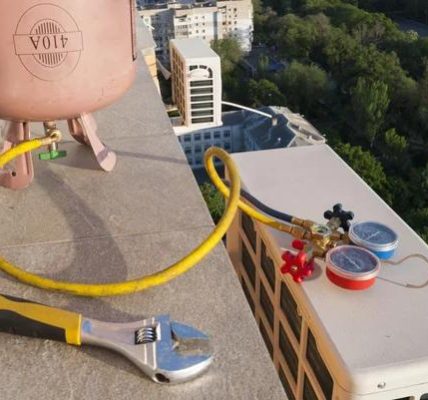Asbestos, a naturally occurring mineral once lauded for its heat resistance and durability, was widely used in construction materials throughout much of the 20th century. However, its hazardous health effects have since been well-documented, leading to strict regulations on its use and management. Despite this awareness, many construction projects still overlook or underestimate the importance of asbestos testing during renovations or demolitions. Skipping this critical step can lead to severe consequences that extend far beyond regulatory fines.
One of the most significant risks associated with neglecting asbestos testing is the potential exposure to airborne fibers. When materials containing asbestos are disturbed—whether through cutting, drilling, sanding, or demolition—they release microscopic fibers into the air. These fibers can be inhaled by workers and nearby residents, posing serious health risks such as asbestosis (a chronic lung condition), mesothelioma (a rare form of cancer), and other respiratory diseases. The latency period for these illnesses can span decades; individuals exposed today may not experience symptoms until years later when treatment options are limited.
Beyond health concerns, there are also legal and financial ramifications tied to skipping asbestos testing. Many countries have stringent laws mandating proper identification and handling of asbestos-containing materials (ACMs). Failing to comply with these regulations can result in hefty fines or even criminal charges against contractors or property owners. Moreover, if improper handling leads to contamination outside the site’s boundaries—such as affecting neighboring properties—the liability costs could skyrocket further.
Environmental damage is another overlooked consequence of ignoring asbestos testing requirements. Improper disposal methods often result in contamination of soil and water sources near construction sites. This not only harms local ecosystems but also creates additional cleanup costs that could easily surpass initial project budgets.
The decision to bypass asbestos testing often stems from a desire to save time or reduce expenses during tight project timelines. However, any short-term gains pale compared to the long-term risks posed by unchecked exposure or regulatory violations. Testing for asbestos before beginning any construction activity ensures compliance with safety standards while protecting workers’ well-being and public health at large.
In conclusion, skipping asbestos testing is a gamble no responsible contractor should take—it endangers lives while inviting costly legal penalties and environmental repercussions that could otherwise be avoided through proactive measures.





